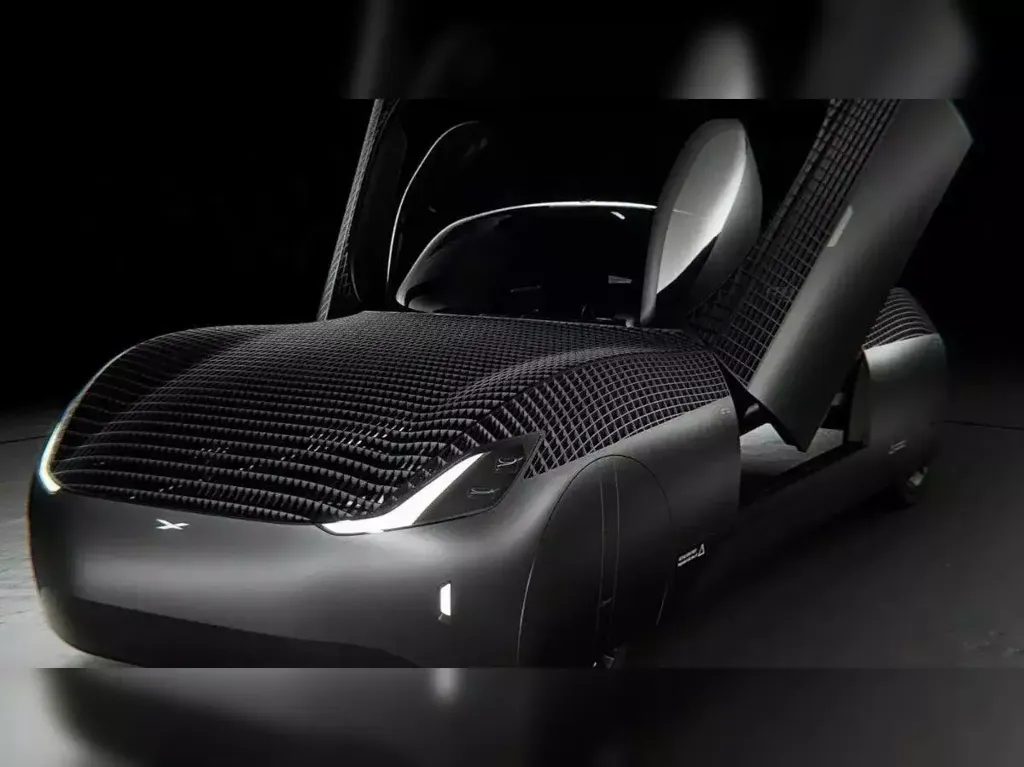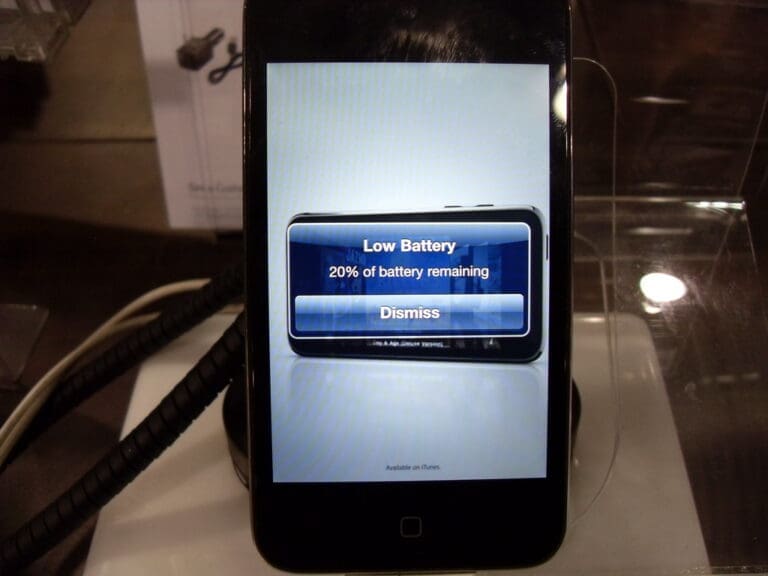Science fiction has always been a source of inspiration and wonder, fueling our imagination with incredible possibilities. Many of the futuristic technologies depicted in old science fiction movies, television shows, and books from decades ago have now become a reality.
Flying cars are here! To take to the skies in 2025.
In July, for the first time in history, a flying car received approval from the Federal Aviation Administration (FAA) to begin testing. California-based startup Alef Aeronautics, backed by Elon Musk’s SpaceX, received approval for its electric flying car prototype set to cost about $300,000 USD. A hydrogen-powered option is expected to be available at a higher price.
The low-speed vehicle can take off both horizontally and vertically with two passengers on board using 8 separate propulsion systems. On the ground, the electric vehicle has a range on the road of about 200 miles and a flying range of roughly 110 miles. It can be parked in a standard garage.
Reportedly, 440 people have made a deposit on the 300 grand flying vehicle – some who paid $150 to join a waiting list, and others who paid $1,500 for priority access when deliveries begin in 2025.
In this article, we will take a delightful journey through time, exploring ten weird science fiction technologies that have transcended the realm of fantasy and become tangible inventions that we use in our daily lives today. Buckle up and prepare to be amazed!
10. Video Calling: From “2001: A Space Odyssey” to FaceTime
Back in 1968, “2001: A Space Odyssey” introduced us to the idea of video calling, where characters communicated face-to-face despite being light-years apart.
Today, with applications like FaceTime, Skype, and Zoom, we can effortlessly connect with loved ones or colleagues through high-definition video calls, making the future feel closer than ever.
9. Personal Assistants: From “Star Trek” to Siri and Alexa
Remember the iconic voice-activated computer on the USS Enterprise in “Star Trek”? Well, we now have our own versions of it with virtual assistants like Siri and Alexa. These AI-powered personal assistants can help us with various tasks, from setting reminders and answering questions to controlling our smart homes.
The future of science fiction is literally at our beck and call.
8. Universal Translators: From “Star Trek” to Google Translate
Language barriers were shattered in science fiction, and now they are being overcome in reality as well. The universal translator, featured prominently in the “Star Trek” series, is now echoed by tools like Google Translate.
Thanks to advancements in machine learning, we can translate text, voice, and even real-time conversations into different languages, bringing us closer together in a globalized world.
7. Augmented Reality: From “Total Recall” to Pokémon Go
The concept of augmented reality (AR) has long fascinated science fiction enthusiasts. In the movie “Total Recall,” we saw AR being used for interactive advertisements. Fast forward to today, and we have games like Pokémon Go that blend the real world with virtual creatures.
AR technology is also utilized in various industries, including education, entertainment, and navigation, transforming our daily experiences in unprecedented ways.
6. Self-Driving Cars: From “Knight Rider” to Tesla
Who could forget the iconic KITT car from the ’80s TV show “Knight Rider”? While it had the ability to drive itself, it seemed like an impossible dream at the time. However, thanks to companies like Tesla, self-driving cars are no longer confined to science fiction.
With advanced sensors, cameras, and AI algorithms, these vehicles are now a reality, promising a safer and more efficient future of transportation.
5. Tablet Computers: From “2001: A Space Odyssey” to the iPad
In “2001: A Space Odyssey,” we witnessed astronauts using flat, portable computers. Today, we have the iPad and other tablet devices that bring the convenience and versatility of touch-screen computing to our fingertips.
These lightweight devices have revolutionized industries such as education, entertainment, and productivity, enabling us to carry a powerful computer in a slim package.
4. 3D Printing: From “Star Trek: The Next Generation” to Real-Life Manufacturing
Replicators in “Star Trek: The Next Generation” allowed characters to create physical objects out of thin air. While we haven’t reached that level of convenience, 3D printing has come remarkably close.
This technology enables us to turn digital designs into real-world objects by layering materials, ranging from plastics to metals. From rapid prototyping to customized manufacturing, 3D printing has opened up a new realm of possibilities.
3. Gesture Control: From “Minority Report” to Xbox Kinect
In the movie “Minority Report,” Tom Cruise controlled computer interfaces with his gestures, making touchscreens seem outdated. Today, devices like the Xbox Kinect utilize motion-sensing technology to enable users to control games and entertainment systems through gestures alone.
While we might not be navigating complex computer systems just yet, gesture control has become a captivating reality in the world of gaming.
2. Bionic Limbs: From “The Six Million Dollar Man” to Advanced Prosthetics
“The Six Million Dollar Man” showcased the story of a man rebuilt with bionic limbs, giving him extraordinary abilities. Although we may not have bionic superhumans roaming around, modern prosthetic limbs have come a long way.
With advancements in robotics and neuroscience, amputees can now regain remarkable functionality, with some prosthetics even offering a sense of touch and intuitive control.
1. Artificial Intelligence: From “The Terminator” to Everyday Life
While the AI depicted in “The Terminator” was menacing and apocalyptic, the reality of artificial intelligence today is more nuanced. AI algorithms are integrated into numerous aspects of our lives, from virtual assistants to recommendation systems.
AI is driving advancements in fields like healthcare, finance, and automation, promising a future where intelligent machines aid us rather than threaten our existence.





